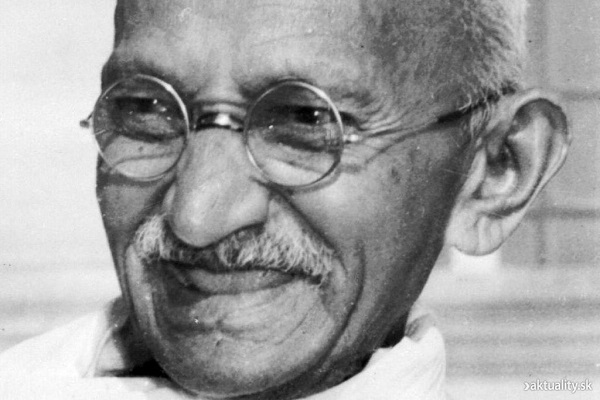
Gandhi disagreed with Frantz on matters of Jesus Christ
The Ardmore, PA-located Raab Collection has sold a historical letter written by Mohandas Karamchand Gandhi[/tweetit], the Indian independence leader, to Milton Newberry Frantz in 1926. Frantz was a Christian religious leader living in America at that time. As per Nathan Raab, the president of Raab Collection, a company known for the sourcing of historical documents and selling them, the historical document changed hands for $50,000. The letter is especially valuable as Gandhi has personally signed the letter. When asked about the identity of the buyer, Raab replied that it does not disclose the identity of both buyers and sellers associated with it.
Gandhi Letter Mentioning Christianity Sold for $50,000[/tweetthis]
The letter's provenance is undisputed. Frantz wrote the letter to Gandhi in 1926. The contents of the letter show that he had invited the Indian leader to go through an article the American had written. The article broached the subject of Christianity. Gandhi promptly wrote back. In a letter marked April 6, the Indian independence activist penned his reply from a Gujarat ashram.
Gandhi was forthright about his views when it came to Christianity. In his letter to Frantz, he admitted that he felt Jesus can be regarded as one of mankind's greatest teachers. Gandhi also said, however, that he could not subscribe to the Christian belief of Jesus being more than an excellent teacher. The letter starts with the Indian independence activist confessing that it will not be possible for him to follow what the Americans follow, namely Jesus Christ is the supreme manifestation of unseen reality. The letter continued, the flowing text saying that the author could not feel any truth to the statement. He, however, feels that Jesus can be counted as one of mankind's greatest teachers. Gandhi then told Frantz it's vital to respect all faith traditions of all people as all the religions have a common base of mutual esteem and love.
Sold for $50,000: Letter from Gandhi about #Christianity in which he describes Jesus as 'one of the great teachers of mankind'
Letter is only one to reach the open market in which #Gandhi mentions Jesus
written in 1926 in reply to American religious elder Milton Newberry Frantz pic.twitter.com/uRz5dZVshv— Hans Solo (@thandojo) March 7, 2018
Gandhi concluded by asking the American whether the latter thinks that religious unity could be achieved by respecting everyone's creed and not by mechanically subscribing to a single common creed. The Indian opined that since each individual is different from the other, there will be differences in creed as well. However, it does not matter if each and every creed could hang from the same thread of mutual esteem and love. Gandhi had an excellent knowledge of the world's religions. He had read Sermons on the Mount, the Quran, and also the Bhagavad Gita. He was a devout Hindu until his death.
